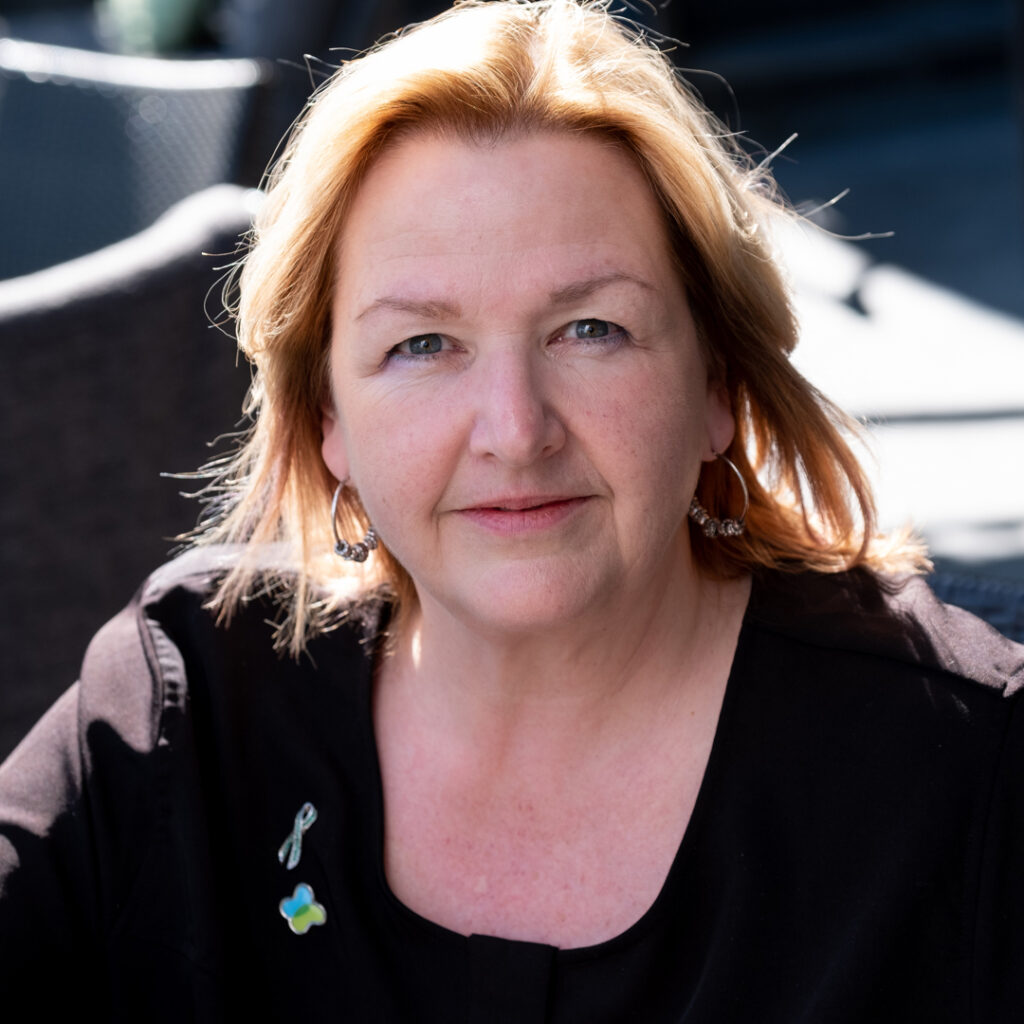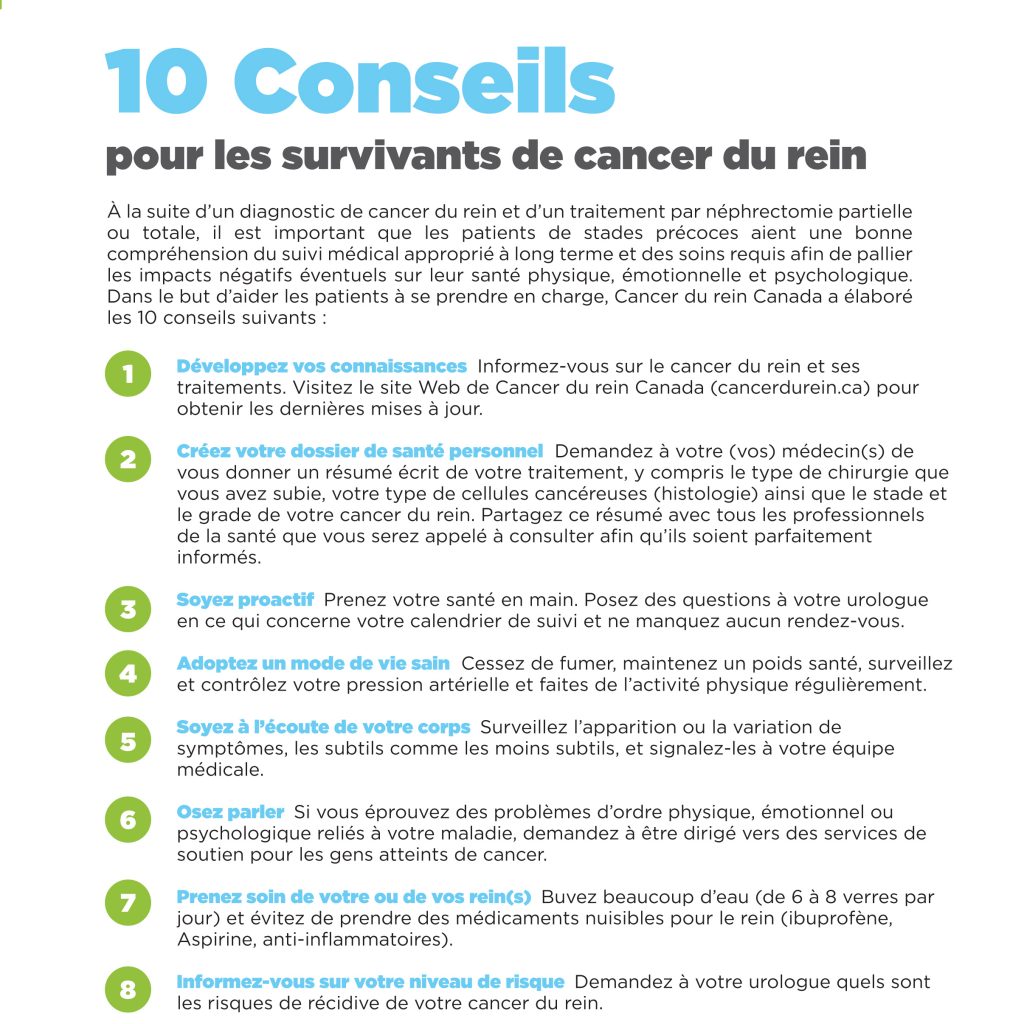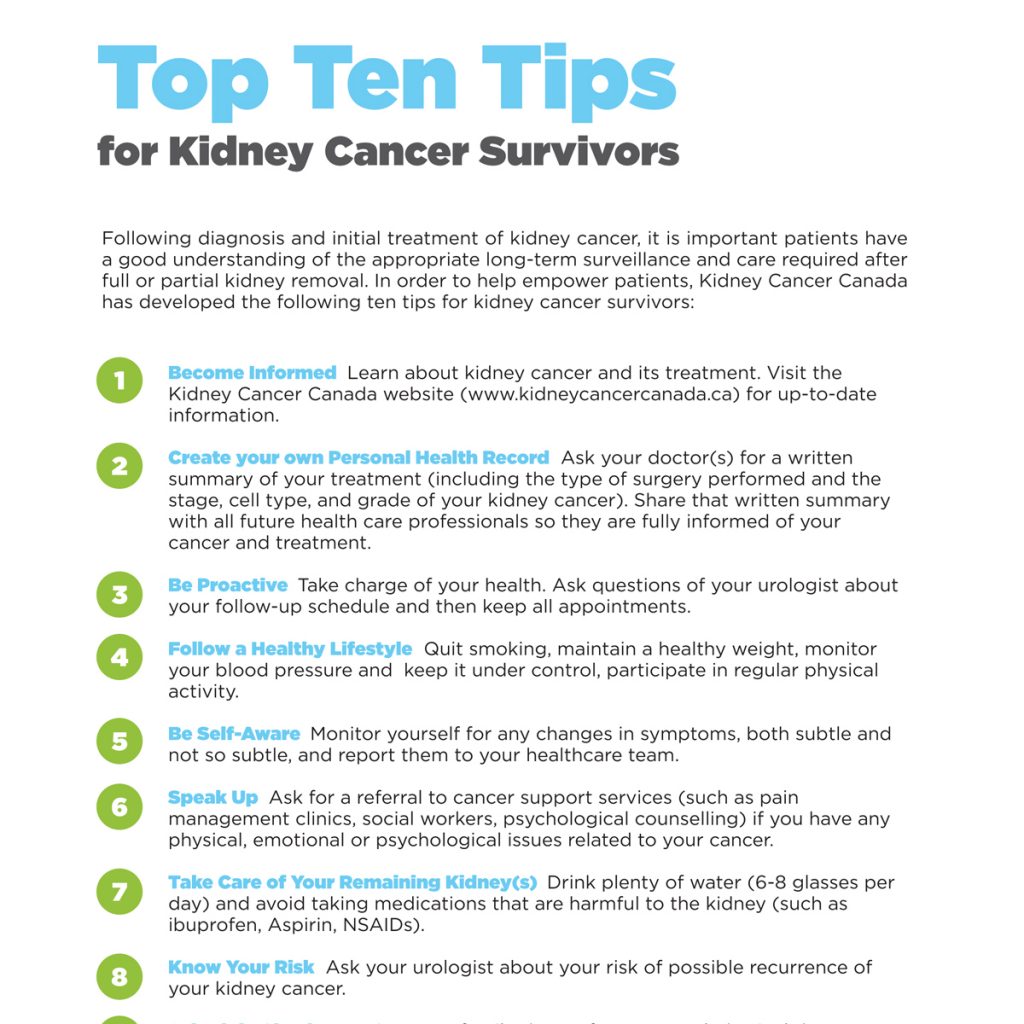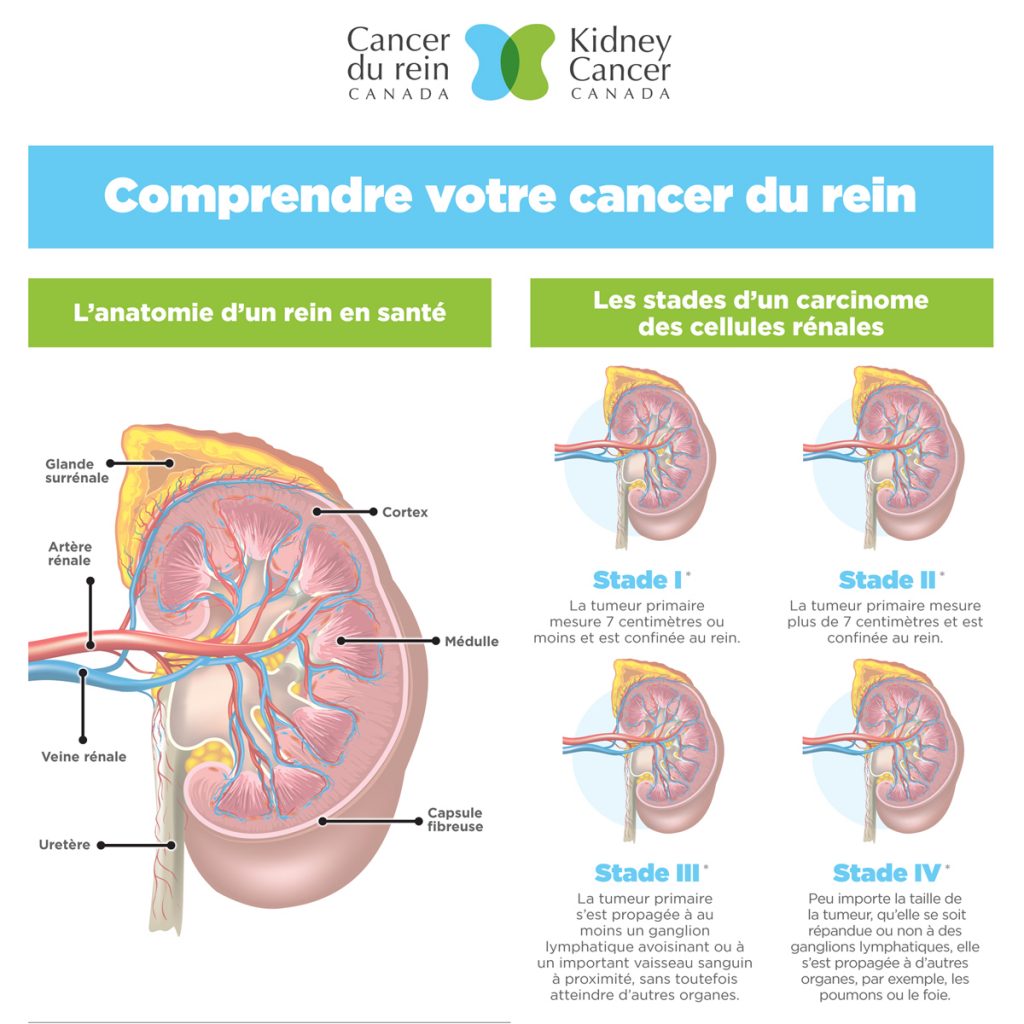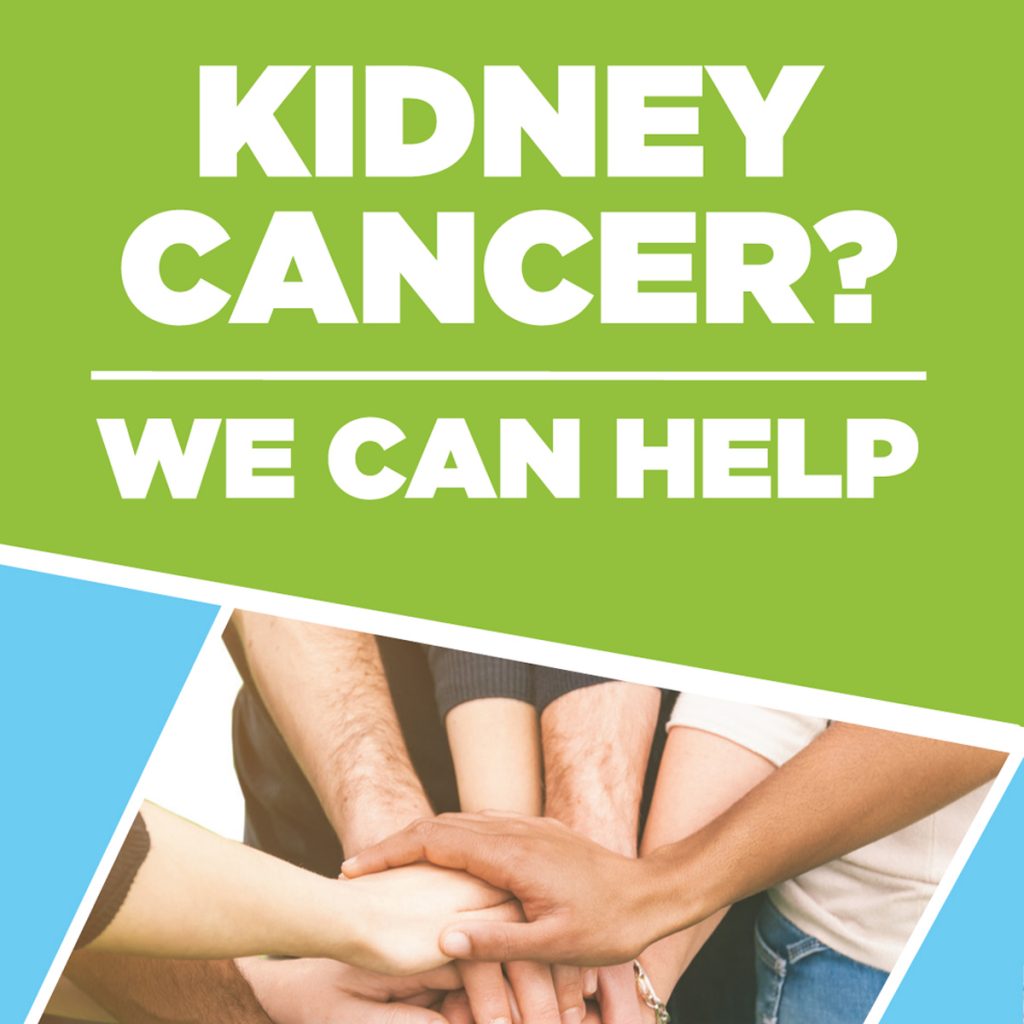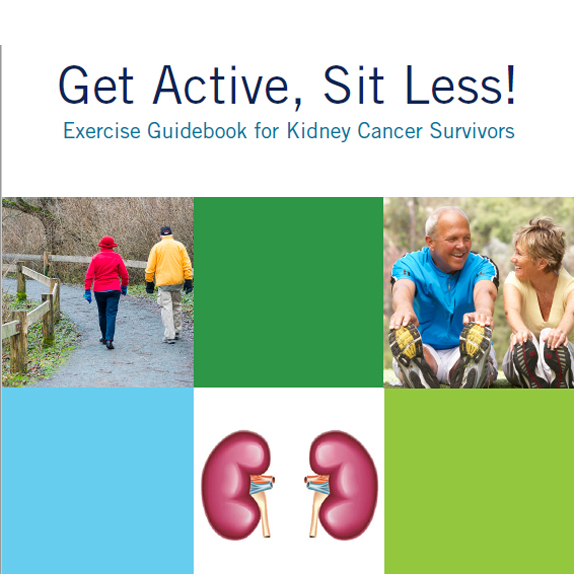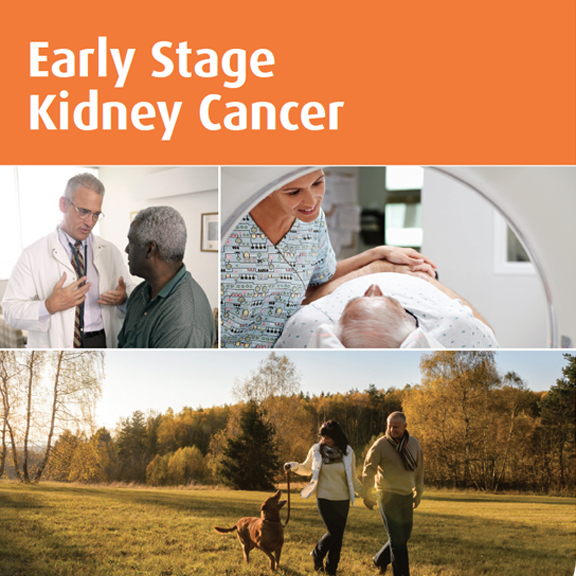If you see a story in the media – perhaps in the paper or on the evening news – that you would like to respond to, a letter to the editor or providing viewer feedback is the best way to do this. Most often media outlets have contact information on their website, and welcome the opinions of their readers and viewers, especially if they have a connection to the issue. Your response may appear in the public domain, so remember to consult with Kidney Cancer Canada to help ensure your submission is inline with the organization’s advocacy efforts.
Drafting your response
- Keep your response brief (150 to 200 words), but make it powerful so it will stand out and grab the editor’s attention.
- Outline why you are an “expert” on the issue.
- Your response to media should address the issue directly, be straight to the point, include your key messages, and be supported by facts.
- Write the way you talk and speak from the heart. Don’t try to impress the editor with big words and encyclopedic knowledge.
- Don’t get personal. You can disagree with an opinion or action, but personal attacks distract from the point you are trying to make.
- Write the same day or the day after a story appears – the more current the topic, the more interest it will attract.
- Send a letter whenever you have an opinion. You can send two letters on two subjects on the same day.
- If you are sending your letter by e-mail, put it in the body of the e-mail, do not attach it. Newspapers may not open attachments.
- Always include your name, address and phone number. Most papers have a policy of phoning to verify authorship prior to printing.
- There’s strength in numbers – try to get others to write on the same topic.
- Also, to increase your chance of being published, read the letters to the editor in your local paper to see what style is most often used.
Example letter
Re: “We have to put a price on life” (Globe and Mail, September 10, 2009)
As someone who started a “desperation drug” almost 4 years ago for stage iv kidney cancer (and remains remarkably well), I would agree that survival needs to be measured in more than days kept alive. I am counting weeks, months, years — and working on decades – thanks to access to an oral take-home drug that statistically “extends survival by 2.7 months”.
Yes, we must debate the cost/benefit of these drugs, but let’s not forget that patients are not statistics but individuals. I’m betting that if Mr. Picard were diagnosed with such a cancer, he would rightfully expect the opportunity to determine whether he might respond to a breakthrough “desperation drug” as well.





